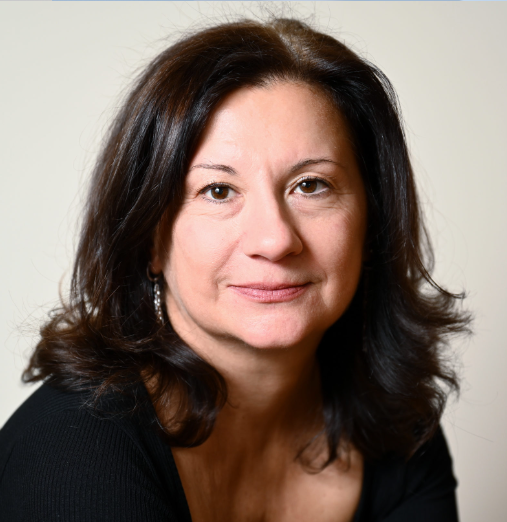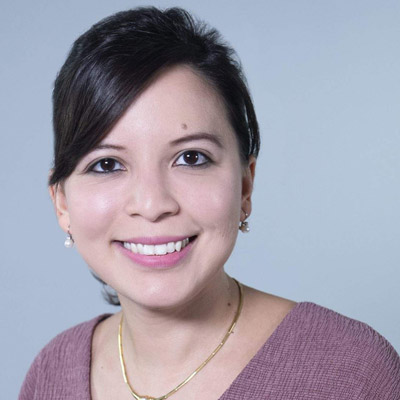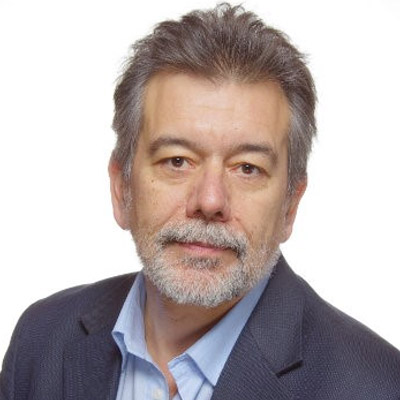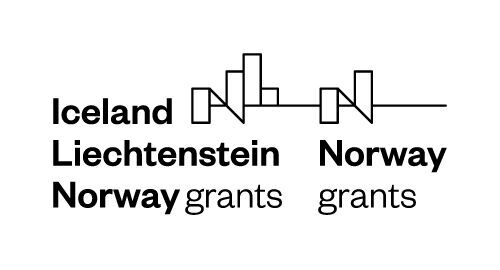
Target Group: Civil Society Organisations, civic movements and anyone with an interest to get a better understanding of how to leverage the power of crowdsourcing for effective citizen involvement.
Language: English
Subject: Online Course
Format: E-learning (Moodle Course)
Welcome to “Crowdsourcing for Civil Society Organisations”, an innovative online course designed to equip you with the knowledge and skills needed to leverage the power of crowdsourcing for effective citizen involvement.
This course is carefully curated to address various aspects of crowdsourcing, providing a holistic understanding of its application in citizen organisations, national contexts, EU-level initiatives, technological setups, and citizen engagement campaigns. It is based on the experience gathered during the implementation of the project Co-Deciding Europe: Civic Tech for Good Governance and Active Citizenship! (CODE Europe) implemented in 2021-2022.
What is it for me – Learning Objective(s):
Upon completion of the course, learners will:
This Course comprises of 4 Modules:
In the first module, we delve into the fundamentals of crowdsourcing, exploring its definition, historical context, and the underlying principles that make it a powerful tool for citizen engagement. We compare crowdsourcing to the other tools for citizen participation on the EU level, and examine national examples from Iceland and Finland of the use of crowdsourcing in co-deciding with citizens.
In this module, we shift our focus to the practice and lessons learned from the first transnational crowdsourcing exercise carried on the issue of air quality in ten countries across Europe and aimed at providing citizen input into decision making about air quality on the EU level. We examine the four phases of the crowdsourcing process, we analyse the valuation and impact of the crowdsourcing, and we provide recommendations for the crowdsourcing methodology for citizen organisations interested in setting up their own crowdsourcing processes.
This module provides a comprehensive overview of the technological infrastructure required to establish and maintain digital crowdsourcing platforms. Participants will gain insights into platform design, functionality, and security considerations. Practical guidance will be offered on selecting suitable technologies, integrating user-friendly interfaces, and ensuring scalability to accommodate growing participation.
The success of crowdsourcing initiatives heavily depends on citizen participation. In this module, participants will explore the art of crafting compelling communication strategies to mobilize and engage citizens. Topics include message framing, storytelling, and leveraging various communication channels to reach diverse audiences.
To begin the course, click the button below.
Meet our Teacher – Assya Kavrakova – ECAS Executive Director

Assya Kavrakova has a successful track record of working in the civic and social organization industry, with more than twenty five years of experience in senior management positions in the non-governmental sector including management of diverse portfolios of projects and activities.
She is passionate about European Citizenship rights, and has a sound knowledge of Good governance, Fundraising and Financial sustainability, EU Citizenship, EU Funding Rules and Procedures, EU decision-making process, EU enlargement policy and leverage, European Rights framework, and in EU civic participation formal and informal mechanisms.
Assya Kavrakova is a keen promoter of digital empowerment of citizens, with a forward looking attitude towards digital democracy and digital management.
Meet our Teacher – Elisa Lironi – ECAS Programme Director for European Democracy

Elisa Lironi is the Programme Director for European Democracy, working at the European Citizen Action Service (ECAS) since 2015. She develops and leads ECAS’ European Democracy focus area by implementing EU projects and services related to Digital Democracy, Understanding Populism and Civic Engagement.
She conducts research specifically on e-participation practices in Europe and one of her latest publications includes the book chapter “Crowdsourcing EU Legislation: Harnessing the Power of Digital Democracy” (2021, ECPR Press).
Elisa leads Civil Society Europe’s Digital Transformation Cluster that brought CSOs proposals to the Conference on the Future of Europe and continues to feed into the EU’s priority of “A Europe fit for the digital age”. Since 2018, she is the ECI Expert and Project Manager of the European Citizens’ Initiative Forum, working with Secretariat-General of the European Commission on developing and implementing this online collaborative platform.
Meet our Teacher – Róbert Bjarnason – President of Citizens Foundation, Iceland

Róbert Bjarnason is a successful entrepreneur that started the first commercial web companies in Iceland in 1993 and 1995 in Denmark. In 2008 he co-founded the Citizens Foundation, a nonprofit, improving democracy through open source technology and methods. Before co-founding the Citizens Foundation he worked in the online gaming industry where his team received many industry awards including two BAFTA awards for video games.
Róbert has extensive experience with AI algorithms and 3D software spanning over 25 years. In this video his avatar talks about the technological dimensions of digital crowdsourcing.
Meet our Teacher – Petko Georgiev – Proinfo Communications Officer

Petko Georgiev is a seasoned media professional with background in broadcast journalism and media management, and over 25 years of experience in media development, content production, communications and people engagement strategies.
As a communications expert he has worked on the development and implementation of effective communication strategies for public institutions, citizen organizations and corporate clients and is the author of several handbooks on public communications. Petko Georgiev leads the design of professional training and provides training in communications, media management and content production to media and communications practitioners in many countries of the EU and beyond.
He is the leading communications expert of the project CODE Europe, under which the first pan-European crowdsourcing was carried out.

This activity is part of the CODE Europe project, the project benefits from a grant from Iceland, Liechtenstein and Norway through the EEA and Norway Grants Fund for Regional Cooperation.